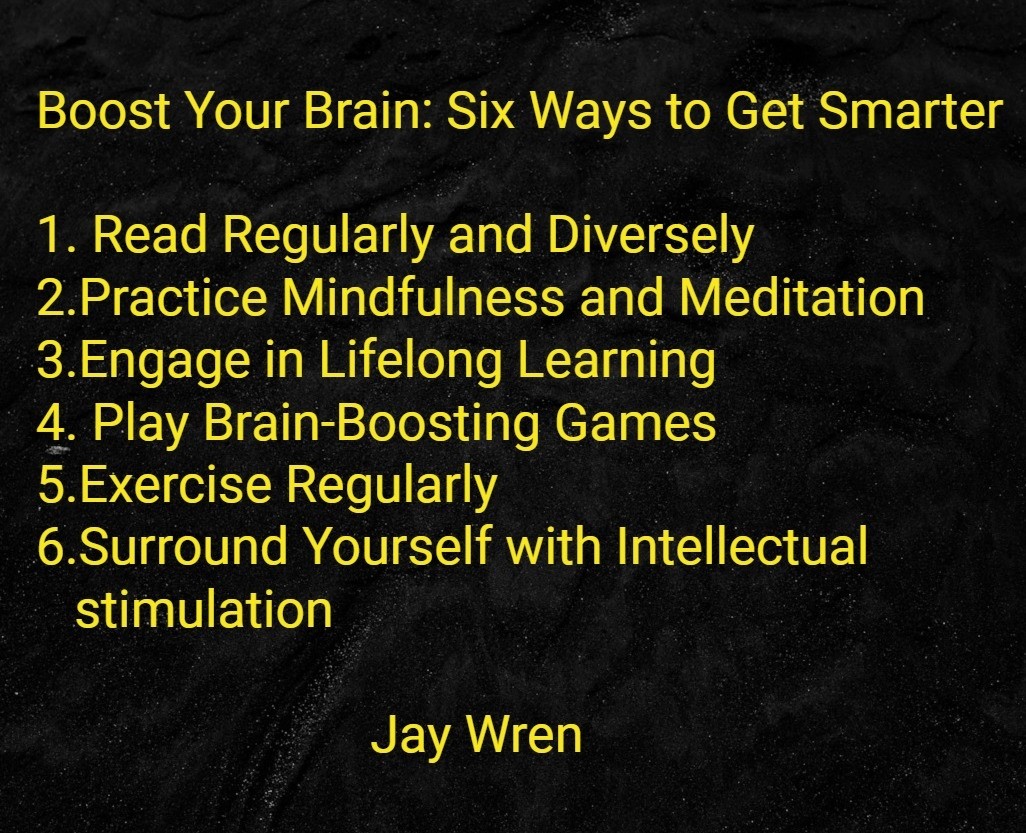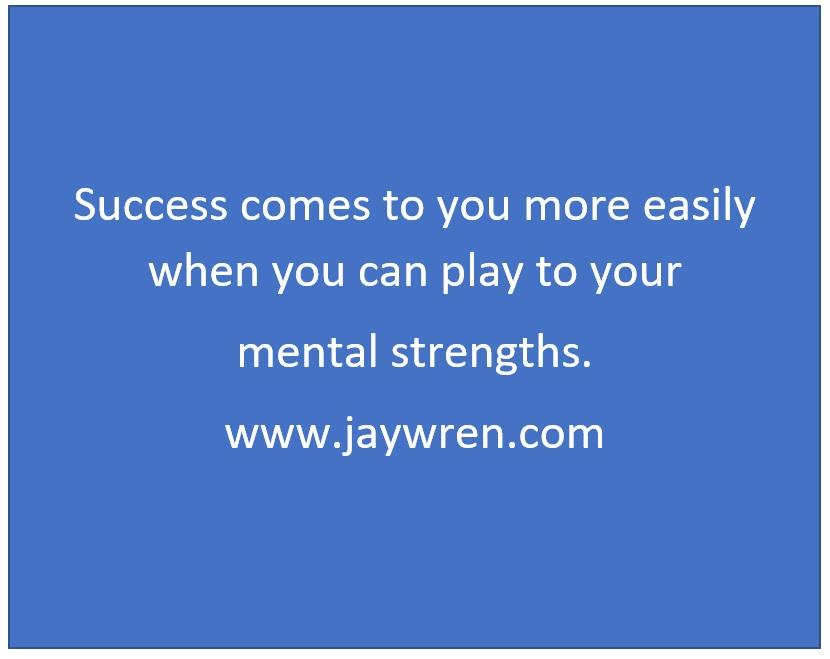Becoming smarter isn’t just about solving complex math problems or reciting facts. It’s a holistic process that involves nurturing various aspects of your mind and life. Here are six ways to elevate your intellect and make those neurons fire on all cylinders. Read Regularly and Diversely Expand your horizons by diving into different genres, topics,…… Continue reading Boost Your Brain: Six Ways to Get Smarter
Category: Mental Power
The Importance of Positive Self-Talk
Self-talk, the internal dialogue we have with ourselves, plays a crucial role in shaping our attitudes, behaviors, and overall well-being. Positive self-talk has the power to transform our lives by boosting our self-esteem, enhancing our mental health, and empowering us to achieve our goals. Understanding Self-Talk Self-talk can be defined as the thoughts and words…… Continue reading The Importance of Positive Self-Talk
How Going Outdoors Makes Us Happy
It is easy to get stuck indoors, glued to screens and surrounded by artificial light. But escaping the indoors and venturing outside can have a profound impact on our mental and emotional well-being. How Going Outdoors Makes Us Happy Sunshine and Vitamin D: Sunlight is a natural source of vitamin D, essential for mood regulation.…… Continue reading How Going Outdoors Makes Us Happy
The Endless Scroll. A Deep Dive into Our Digital Habits
This simple act of scrolling through Internet pages has become part of our lives. But why are we so drawn to it? The Dopamine Hit: The “feel-good” hormone forms habits or motivational sensations. Reward-Anticipation Cycle: Every time we scroll, we are anticipating a reward. It could be a funny meme, a heartwarming story, or a…… Continue reading The Endless Scroll. A Deep Dive into Our Digital Habits
Mental Strengths: Aligning Your Career to the Way You Think
Mental Strengths: Some people are stronger at solving problems with one correct answer. They are convergent thinkers. Other people are stronger at solving problems with multiple solutions. They are divergent thinkers. Aligning your career with the way your brain works will increase your ability to excel in the workplace. How can you shape your career around…… Continue reading Mental Strengths: Aligning Your Career to the Way You Think




